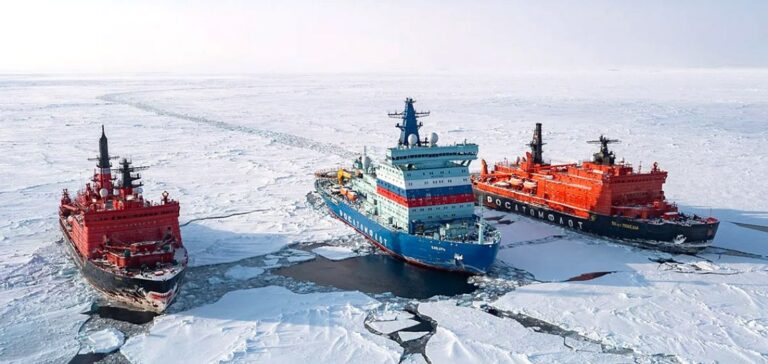Under the OPEC+ agreement, Russia has promised to reduce its crude oil production in order to stabilize the world market.
However, it is struggling to meet its commitments, particularly in the second quarter of 2024.
According to the S&P Global Commodity Insights report, Russian production in June stood at 9.1 million barrels per day (b/d), exceeding its quota of 8.978 million b/d.
Failure to meet these quotas is causing tensions within OPEC+, requiring compensatory adjustments in the second half of 2024.
Russia’s production flexibility is increased in summer, allowing for the necessary adjustments to bring production in line with quotas.
Alexander Novak, government vice-president and former Russian energy minister, announces plans to increase oil exports to Asia, including China, via Black Sea and Baltic Sea ports.
This strategy is crucial for Russia, in response to Western sanctions imposed after the invasion of Ukraine in February 2022.
By 2023, Russia will be supplying 107 million tonnes of oil to China, or around 2.15 million b/d, a significant increase on the 80 million tonnes in 2022.
Strategic projects and Rosneft’s role
Rosneft plays a central role in these initiatives, developing infrastructure and operating the Vankor cluster, whose oil is transported via the Northern Sea Route.
This route, located entirely within Russian territorial waters, is faster and cheaper than traditional routes to Asia.
However, Western sanctions threaten Russian projects by limiting access to essential goods, technologies and vessels.
At the Russia-China Energy Forum, Rosneft CEO Igor Sechin highlights the possibility of building a fleet of ice-class vessels in cooperation with Chinese shipbuilders and suppliers.
He also calls for increased Chinese direct investment in the Russian energy sector, promising high returns and minimal risks for investors.
Economic impact and outlook
Since January 2022, China has saved between $14 and $18 billion by buying Russian oil rather than that of Middle Eastern producers.
Asian consumers, particularly China, benefit from significant discounts on Russian oil, although these differentials have recently narrowed.
The differential was valued at $12.2 per barrel on July 23.
Russian exports to China reach a value of $46 billion in the first half of 2024, representing almost 20% of Chinese energy imports by value.
This compares with 13% in 2021, demonstrating Russia’s growing impact in the Asian energy market.
The development of Russian oil production and its relationship with China offer interesting prospects for the global energy market.
Initiatives to diversify exports and collaborate with China could play a crucial role in Russia’s energy strategy in the face of current challenges.






















